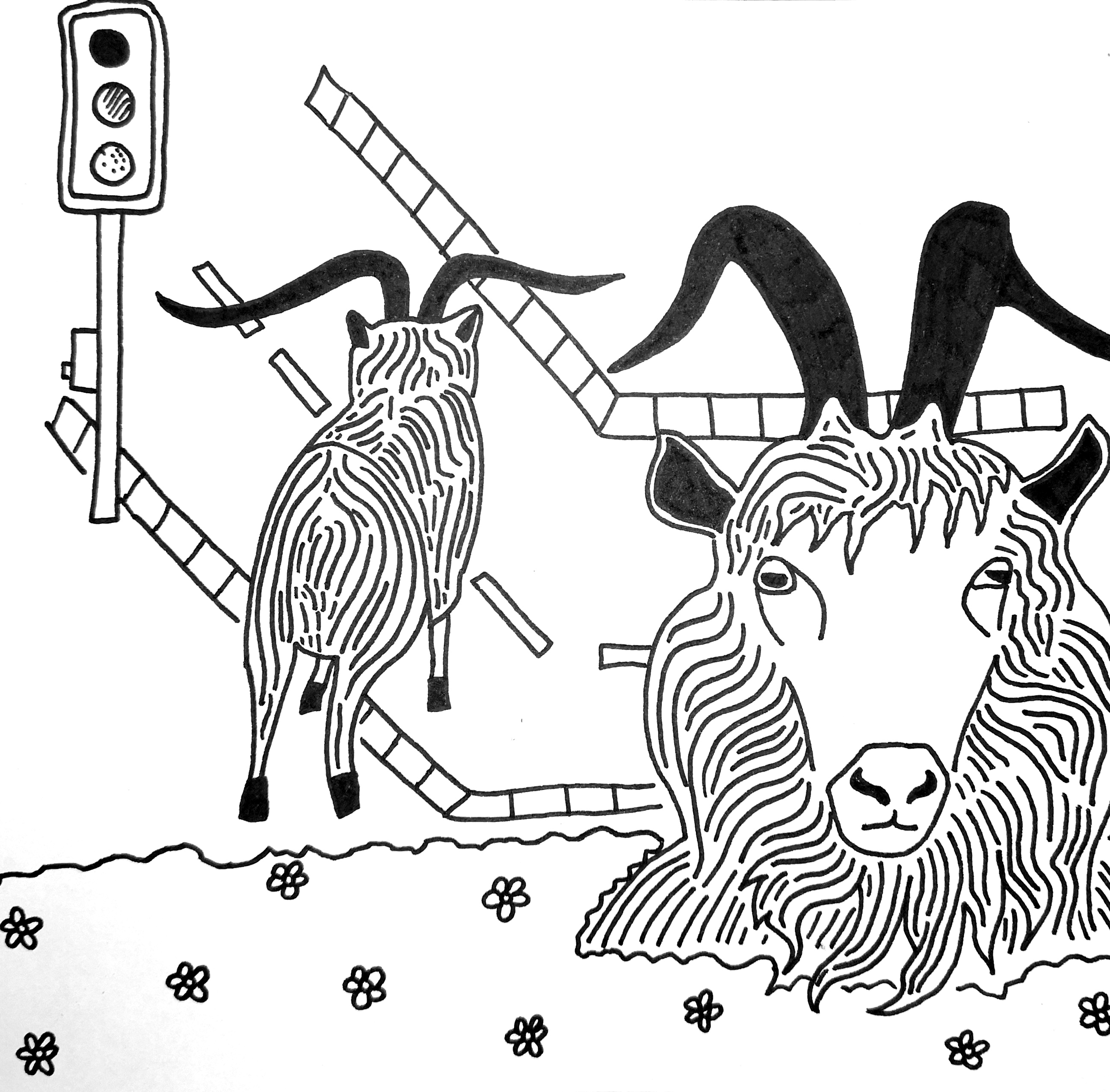On the 23rd March, the UK was put into lockdown due to the ever-growing threat of Covid-19. The lockdown has now been eased, with schools reopening, workers returning to their jobs and members of the public being allowed to meet within the two-meter guidelines. However, when imposed, the travel ban greatly impacted our daily lives, affecting how we shopped, restricting our commutes to work and forcing us to cancel our pre-booked holidays. But how has the lockdown affected the environment? What are the lasting benefits of the travel ban?
Travel is a large contributor to climate change, with transport responsible for 23% of global carbon emissions. Carbon dioxide is a greenhouse gas which traps energy from the sun in our atmosphere, leading to an increase in global temperature. Since the travel ban has been implemented, however, Covid-19 is set to cause the largest ever annual fall in carbon dioxide emissions. The decrease is expected to be greater than during any previous economic crisis or during any war.
In countries where public health measures are instructing people to stay at home, unnecessary travel has been stopped. Airlines around the world have suspended many flights due to the travel ban, in order to restrict the spread of the virus. The first full week in April last year saw the transit of over 730 000 flights, whereas this year there were under 290 000. That’s a reduction of approximately 60%. This decrease in air travel continued on through May with one airline, United Airlines, stating that it had a 90% decrease in capacity for the May schedule.
There will only be lasting, long-term benefits of the travel ban if the reductions in travel continue in the future
This large decline in air traffic has led to a temporary decrease in greenhouse gas emissions. Carbon Brief analysis has shown that in New York emissions of carbon dioxide have decreased by 5-10% and in China, at the start of 2020, emissions went down by 25%. However, this is a short-term benefit of the travel ban. It has already been shown that in China, since the lockdown has been eased, air pollution is rising towards previous levels. Therefore, there will only be lasting, long-term benefits of the travel ban if the reductions in travel continue in the future for carbon dioxide emissions to remain low.
As well as temporarily curtailing greenhouse gas emissions, the travel ban has led to a great reduction in tourist numbers which is also having a positive impact on the environment. This is evident in Thailand where the decline in tourists has boosted the population of rare leatherback sea turtles.
Leatherbacks are the world’s largest and arguably most spectacular turtles, but are endangered in Thailand and listed by the International Union for Conservation of Nature as a vulnerable species globally. When the beaches are populated by tourists, it is hard for turtles to find quiet, dark areas to lay their eggs. Additionally, plastic is often left by the visitors which can result in the turtles getting entangled or even choking on the litter. The artificial lights from cars disorientate new-born baby turtles to move towards the danger of the ongoing traffic rather than towards the sea. However, since November last year, 11 turtle nests have been recorded which is the highest number in two decades.
In Wales, goats have been taking over the deserted streets of Llandudno, eating the flowers and hedges from the resident’s gardens.
And it isn’t just sea turtles that have been positively affected by the travel ban. Residents of Istanbul, Turkey, say that dolphins are coming closer to the edge of the water due to the decrease in the number of fishermen. In Wales, goats have been taking over the deserted streets of Llandudno, eating the flowers and hedges from the resident’s gardens. The physical environment is improving too, as seen with waters clearing in Venice canals.
Despite these early indications that the planet is healing, the travel restrictions have greatly disrupted local economies in areas of the world that rely on ecotourism. As tourist numbers plummet, less money and personnel being used to conserve endangered species and habitats has disappeared. In the Masai Mara nature reserve, Kenya, the reduction in the number of tourists means that there are struggles in paying park rangers. There are fears that this will lead to an increase in illegal poaching, mining and logging, especially as locals are losing incomes and need ways to feed their families.
Scientists also say the current decrease in carbon emissions is still less than what is needed to avoid the impacts from the climate crisis. Additionally, conservationists warn that returning the world to its pre-pandemic state will quickly reverse any environmental benefits of the lockdown. The levels of emissions and greenhouse gases can quickly rebound unless we make lasting changes. This was seen in the aftermath of the global financial crisis in 2008, during which there was a temporary drop in carbon emissions. In order to recover from the economic stagnation, more carbon was pumped out again, increasing emissions by 5%. This a serious wakeup call that we need to implement changes in lifestyle for the future in order for there to be long lasting benefits of the travel ban.
Conservationists warn that returning the world to its pre-pandemic state will quickly reverse any environmental benefits of the lockdown.
The pandemic has illustrated the awful consequences of ignoring expert warnings, so governments need to listen to environmentalists and seize this opportunity to start moving towards cleaner energy and to create jobs in this industry. Many leading scientists have already signed an open appeal for governments to use recovery packages in order to shift to a greener way of business.
Overall, the travel ban has led to short-term improvements in the environment from decreases in greenhouse gas emissions and to restoring natural habitats. The pandemic has been the worst possible way to bring about these improvements. With Covid-19 taking a toll on our lives, health services, jobs and mental health, it’s definitely not the way the environment should have been improved. Yet this just illustrates what it takes to make us implement change.
This pandemic has shown us that people are willing to change their behaviours when necessary to protect public health. If this can be continued into the future with our views on protecting the planet then it brings hope that this pandemic can bring long-term positive impacts. There will be no lasting benefits of the travel ban unless we continue making the lifestyle changes and sacrifices we are today in order to protect the environment.
Title image by Alexandrina von Mann





